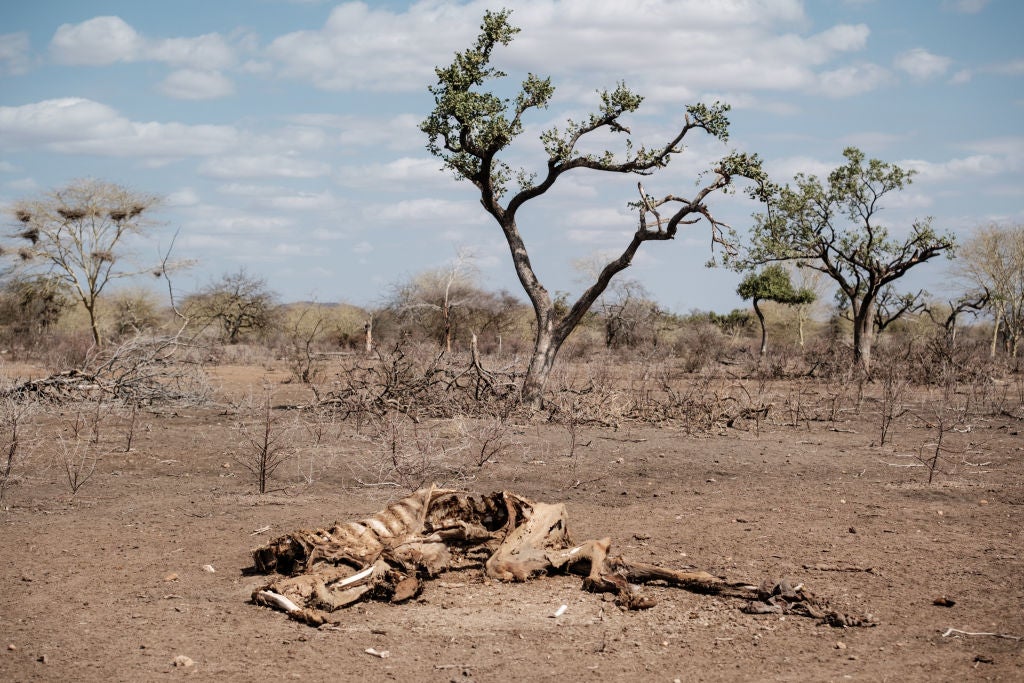Climate change increases violence against women - and some disasters are more of a threat than others
The new study looked at data from 156 countries between 1993 and 2019

The link between violence against women and the climate crisis has long been known but now scientists have now found that certain extreme weather events pose greater risks.
Storms, flooding, and landslides, which are becoming more extreme as the planet gets hotter, have a “significant” tie to abuse or aggression against women in romantic relationships, researchers said Wednesday. Heat and humidity were also found to increase aggressive behavior and violence.
The team did not find a clear connection between earthquakes and wildfires, and gender-based violence.
“Existing evidence has found that when a woman experiences a climate-related event, she is more likely to experience violence in some countries and for some types of violence, but not others,” University College London Professor Jenevieve Mannell, who led the study, said.
In Kenya, women told The Washington Post last year that they were forced out of their homes by men frustrated with severe drought conditions that had sent families into poverty.

In Spain, the risk of murder and intimate partner violence against women increased just days after a heat wave, according to a 2018 study. In Peru, the United Nations said women are forced to travel more widely to find water, leaving them vulnerable to sexual violence. And after Hurricane Katrina struck the US Gulf coast in August 2005, the UN said rapes increased in Mississippi trailer parks, to more than 53 times the state’s baseline rate.
“Climate-related disasters increase stress and food insecurity in families in ways that can lead to increases in violence. They also reduce the social services often available for dealing with partner violence, such as police and civil society who are more focused on the disaster,” Mannell said.
The new study looked at data from 156 countries between 1993 and 2019 and compared it with data related to disasters from 1920 to 2022 in 190 countries.
Intimate partner violence was also shown to happen more often in countries where violence against women is more widely accepted. Wealthier countries were also found to have lower rates of intimate partner violence than poorer nations.
The study’s authors were unable to determine a cause between these specific extreme events and violence, but believe that time may play a role.
Join our commenting forum
Join thought-provoking conversations, follow other Independent readers and see their replies
0Comments